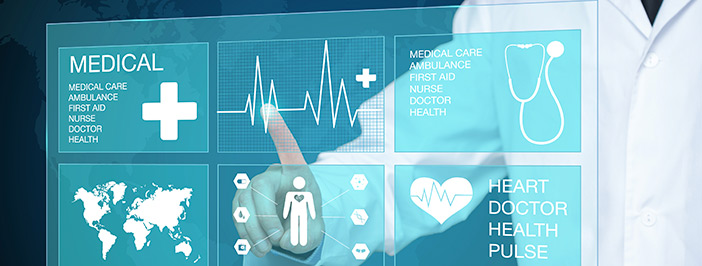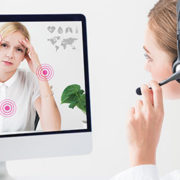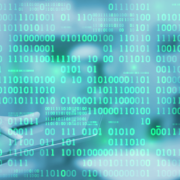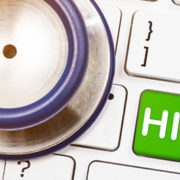3 healthcare technologies that will revolutionize the patient experience
Technology has a long history of improving the way healthcare organizations treat their patients. And that will continue to be true in new and innovative ways as technologies outside the medical industry are adapted to improve the patient experience.
Here are 3 examples of healthcare technology that will continue to revolutionize the patient experience in the future.
Mobile apps for preventative care
There’s an app for that. We’re all familiar with this saying, and it’s true even in healthcare.
One of the biggest developments on the rise is fitness apps and the wearable technology they interact with. More and more apps are interacting with and measuring the health of the patients who use them. This process keeps people living healthier and spending less time in the waiting room at the doctor’s office.
Apps also help patients communicate better with their primary healthcare physician without breaking HIPAA compliance. They can even allow patients to keep better track of their own symptoms and manage things like blood sugar or sleep schedules.
The interaction between these apps and the sensors they use to monitor health brings up our next technology: the Internet of Things (IoT).
Related: 3 steps to HIPAA security rule compliance for your business
The Internet of Things for better data
The IoT is all about sensors and connectivity. And when it comes to healthcare technology, the applications for medical devices are seemingly endless, from streamlining testing procedures to improving the way critical patients are monitored.
As the future plays out, IoT technology will also enable better first responder coordination and faster health data communication when critical patients are en route to the hospital.
And imagine how much more in-depth that information will become with the rise of IoT smart pills that will monitor patient health from the inside. Before long, sensors could be detecting cancer and treating internal injuries.
Monitoring at every level of healthcare will change for the better as the IoT continues to make inroads into healthcare.
Related: Starter devices for the Internet of Things
Artificial Intelligence for patient scheduling and monitoring
And since we’re already talking about the IoT and patient data collection, we need to discuss the role of artificial intelligence (AI) in healthcare technology. Though still in its infancy, AI will soon have the power to digest information and suggest appropriate actions based on the data IoT sensors collect.
This will cut down on staffing difficulties and allow nurses to better monitor their patients.
AI already has a big impact on the patient experience now. Chatbots help clinicians schedule appointments with patients. Programs monitor patient symptoms so human nurses can be more prepared for checkups and other visits. Algorithms help patients search their own symptoms online.
As AI and machine learning continue to develop, all of these features will become even more effective and helpful.
Healthcare technology will bring much more in the future
Though healthcare technology is already revolutionizing the patient experience, it will do so much more in the years to come.
For example, technologies like blockchain are just beginning to make their way into healthcare. These technologies promise to reconfigure the entire experience for both staff and patients.
And you might have noted how each of the three technologies we mentioned above feed into each other. Where this kind of collaboration and incorporation will lead is really anyone’s guess. But you can bet it will change the way doctors and patients interact in amazing ways!
Related: Medical ransomware attacks on the rise







